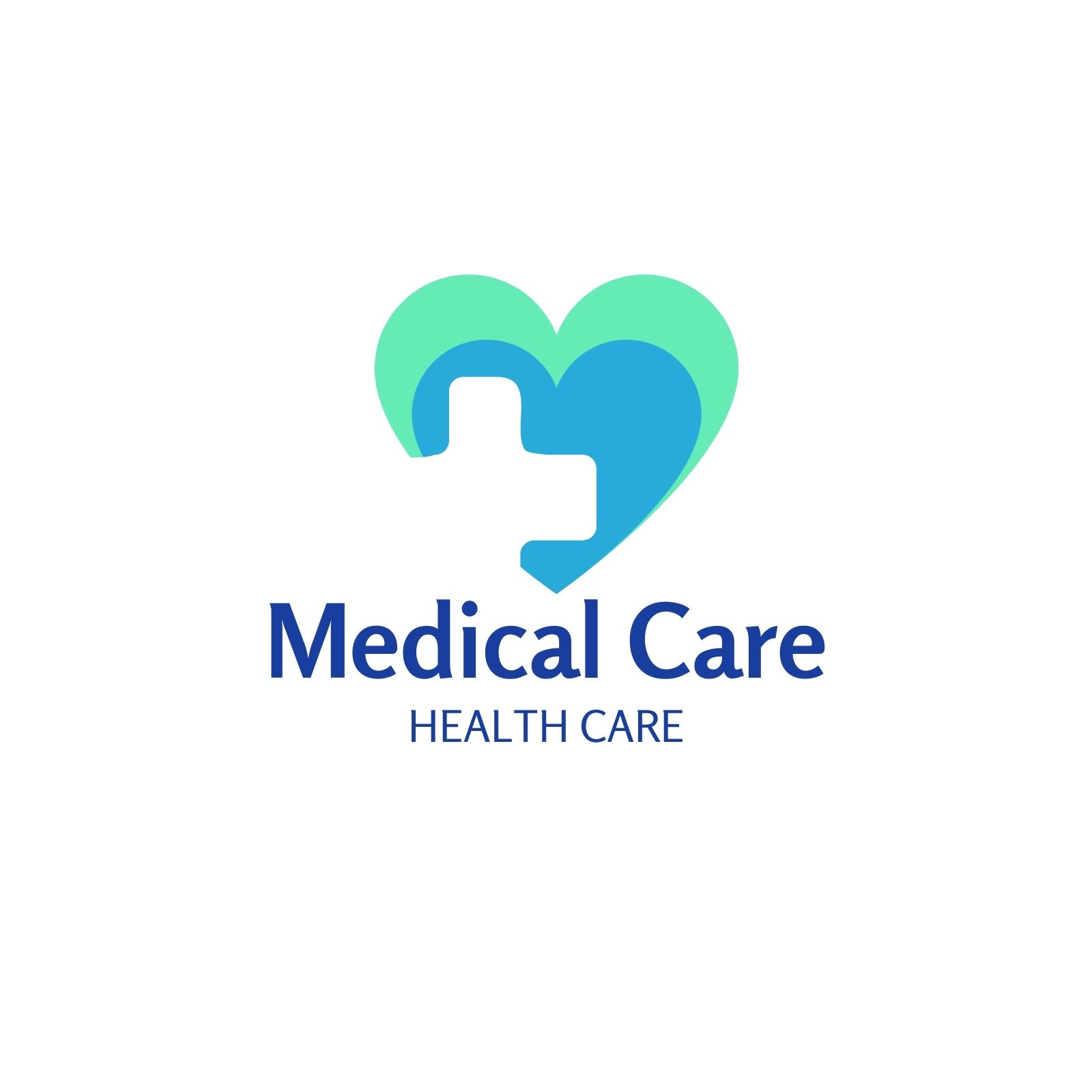Insights from Professionals: The Value of Certification
Insights from Professionals: The Value of Certification
Blog Article

In the ever-evolving landscape of the healthcare industry, the role of medical administrative assistants has become increasingly vital. As frontline professionals, they manage the intricate details that keep medical facilities running smoothly. This is where certification comes into play, serving as a benchmark for competency and professionalism. Earning a medical administrative assistant certification not only enhances an individual's skill set but also conveys a commitment to the standards of excellence that the medical field demands.
As healthcare organizations continue to prioritize efficiency and accuracy, the demand for certified individuals rises. Medical scribes, for example, play a crucial role in documenting patient encounters, ensuring that healthcare providers can focus on delivering quality care. With certification, medical administrative assistants can gain a deeper understanding of medical terminology, insurance compliance, and patient privacy laws, positioning themselves as essential team members in modern healthcare settings.
Certification Benefits for Medical Scribes
Medical scribe certification provides numerous advantages that can significantly enhance career prospects. Firstly, it demonstrates a level of competence and professionalism that employers look for in candidates. Having a certification can set a medical scribe apart from others who lack formal recognition in their skills, showcasing their dedication to the profession. This can lead to better job opportunities and the potential for higher salaries.
Secondly, certification ensures that medical scribes are well-versed in the latest medical terminology, documentation standards, and healthcare regulations. This knowledge is critical in maintaining accurate patient records and facilitating effective communication between healthcare providers. With certification, scribes can confidently contribute to their teams, knowing they possess the necessary skills to navigate the complexities of medical documentation.
Lastly, obtaining certification can open the door to ongoing education and professional development. Many certification programs require continuing education to maintain certification status, encouraging scribes to stay updated on advancements in the healthcare field. This commitment to learning not only improves their expertise but also enhances their value within healthcare organizations, making certified medical scribes an essential asset to any medical team.
Insights from Industry Professionals
Many industry professionals highlight the increasing demand for skilled medical administrative assistants, particularly those with certification. According to experts, certified individuals often stand out in the job market due to their validated knowledge and skills. This certification not only enhances their credibility but also signifies a commitment to professionalism that employers highly value. As healthcare facilities continue to expand, the need for certified personnel who can efficiently manage administrative tasks has never been more crucial.
Certified medical administrative assistants are equipped with requisite skills that extend beyond basic office duties. Professionals note that these individuals often play an essential role in patient interactions, such as scheduling and coordinating healthcare services. Their training in medical terminology and understanding of healthcare regulations enables them to act as a bridge between patients and providers, ensuring effective communication and streamlined processes. This capability is fundamental in fostering a positive patient experience and overall operational efficiency.
The integration of medical scribes into healthcare settings has also impacted the role of medical administrative assistants. Many recognize that having certification in this area enhances their ability to adapt to new technologies and workflows. With the rise of electronic health records, certified assistants often possess the skills needed to navigate these systems effectively. Industry professionals suggest that ongoing education and certification can significantly enhance job performance and satisfaction, leading to better patient care and professional growth in the healthcare sector.
Future Trends in Medical Scribing Certification
As the healthcare industry evolves, the demand for qualified medical scribes is expected to grow significantly. This increase will lead to more specialized certification programs that cater to various fields within medicine. Future certifications may incorporate advanced technologies such as artificial intelligence and electronic health records systems, ensuring that medical scribes are well-prepared for the complexities of modern documentation and data management.
Emerging trends also indicate a shift towards online and hybrid certification programs, making it easier for aspiring medical scribes to obtain their credentials. These flexible options will allow individuals to balance work and education, increasing accessibility to certification for a broader audience. This could result in a more diverse workforce, enriching the medical scribing profession with various backgrounds and skills.
Get A Quote
Additionally, as healthcare regulations continue to change, ongoing education and recertification will likely become a staple in the profession. This continuous learning approach will ensure that medical scribes remain updated on best practices, compliance standards, and technological advancements. Such trends highlight the importance of certification as a means to maintain professionalism and high-quality patient care in the medical field.
Report this page